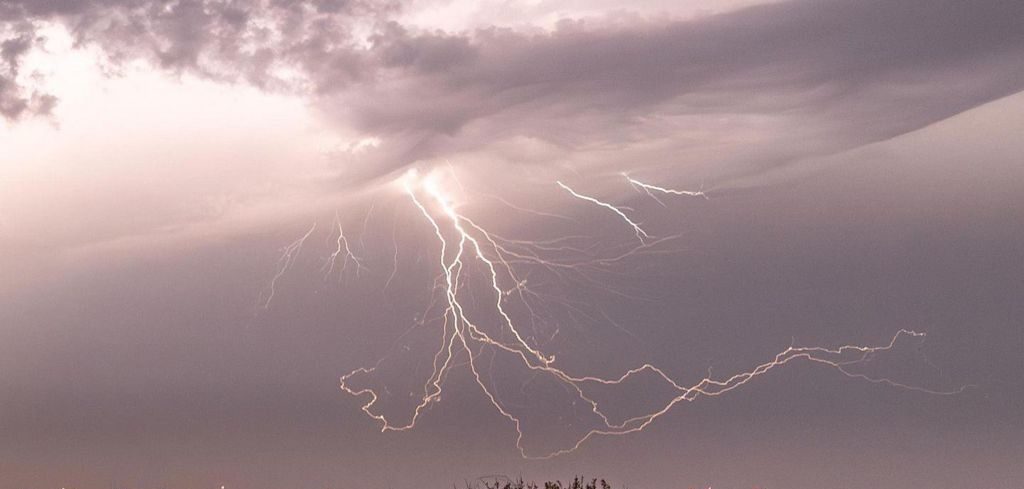Scientists say that global warming contributes to the decline in coral reefs throughout the world. Deborah Brosnan Marine Scientist said he remembered diving on coral reefs near the Caribbean Island of Saint Barthelemy, where he swam the reef life with life. He returned to the same location after Hurricane Irma in 2017 and drank the reef again to find out that it was dead without sea creatures and no coral lived.
Now the Project Ocean-Shot, which was announced last week, plans to use technology that mimics the design and form of natural reefs to provide opportunities for colonization by coral and other marine life. The reef module that is built will also help protect the nearest coastal community of storm waves and sea level rises.
Scientists on this project will test new technologies that aim to accelerate coral growth which usually takes more than a decade to recover one hectare of corals. The team will also use the nearest nursery coral to grow some species that will eventually help fill the artificial reef area. Scientists say coral reefs are at a critical point because more than half of the world coral reefs have been lost, and the rest is risky.
Scientists are worried about corals because they support more than 25 percent of all marine biodiversity. Coral residents include turtles, fish, lobster, and many other varieties. The reef also serves as a protective barrier for coastal communities to protect them against the storm. The Samudera project began operating in Antigua and Barbuda and will be replicated at other Caribbean and Latin America locations. This program can also find homes in other parts of the world in the future.



